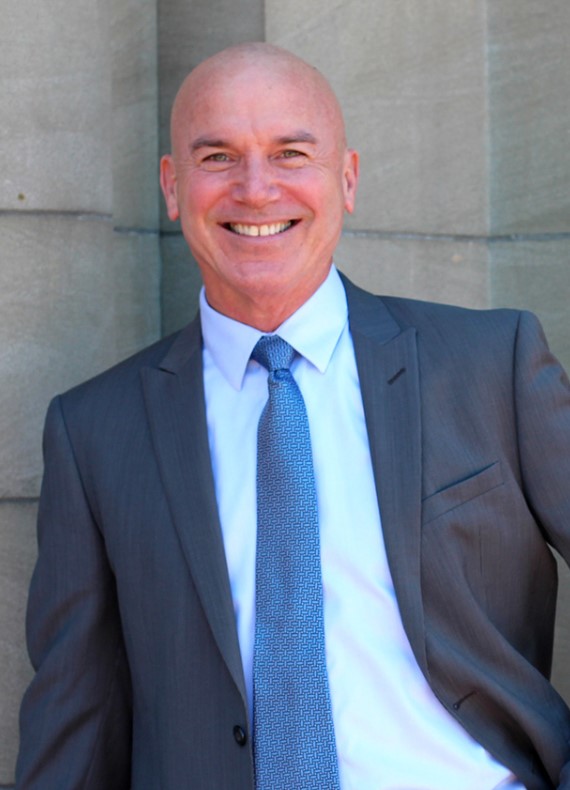David’s Story - Starting the conversation, David shares who he is and what he does. Moreover, he discusses the enjoyable experience of co-founding his business with his wife.
Leadership Types - Davis talks about the evolution of leadership from 1993 to the present.
Management vs. Leadership - The terms "management" and "leadership" are not interchangeable. David discusses the distinctions he observes between them.
Covid Pandemic - David discusses the impact of the covid pandemic on people's behavior and thought processes.
Tips - David highlights several critical points that a leader or manager of a team should keep in mind when recruiting and retaining talented and good employees.
Culture - As David believes, an organization's character and personality are fundamentally defined by its culture. Declaring that he expresses his views on culture as the organization's personality,
Serve Others - David emphasizes that serving others is the most effective way to cope with the pandemic's stress.
Engagement - We discuss the critical nature of high employee engagement for the company's success.
High Performers - David discusses the value of high performers to a business and how a leader should engage peak performers to maximize their contribution.
Open Door Policy - David shares his thoughts on having an open door policy in the workplace.
Resources
Connect with David:
LinkedIn: linkedin.com/in/davidrabiner/
Website: rabiner.com/
Twitter: twitter.com/davidrabiner
Mentioned in the episode:
Man's Search for Meaning: A Young Adult Edition: goodreads.com/book/show/31159766-man-s-search-for-meaning
Bobbi's Takeaways
Here are my three insights for thriving.
-
If you want to keep your high performers, make sure they feel validated and valued. This has to be a genuine appreciation for them. And I think it's not enough to say "Oh, nice job" or "good job," get specific with your praise. Otherwise, people won't hear it, and they won't believe it.
-
Leadership today is about who you are as a person. It's how we create the culture or the personality of our team. I loved the question that David posed, if the people who report to you didn't report to you, would they still listen to you.
-
I love the conversation around how peak performers are comfortable in their own skin. And yet they still want to get better. And I love that not just because I love talking about George Breton sports. But I've always been fascinated and intrigued by watching great performers, and seeing how while they are confident in their abilities, they are not arrogant, and their abilities. And this goes to a distinction I heard years ago, I believe it might have been by Thomas Leonard, who was the founder of coach Phil, I think I heard him say this. But the distinction was this arrogance is the absence of learning. And I have to say that the top performers that I've worked with over the years, they're comfortable, and they're confident in their ability. But they're the hungriest of learners, which relates to what David said too, about how peak performers are always working on some aspect of their craft.








